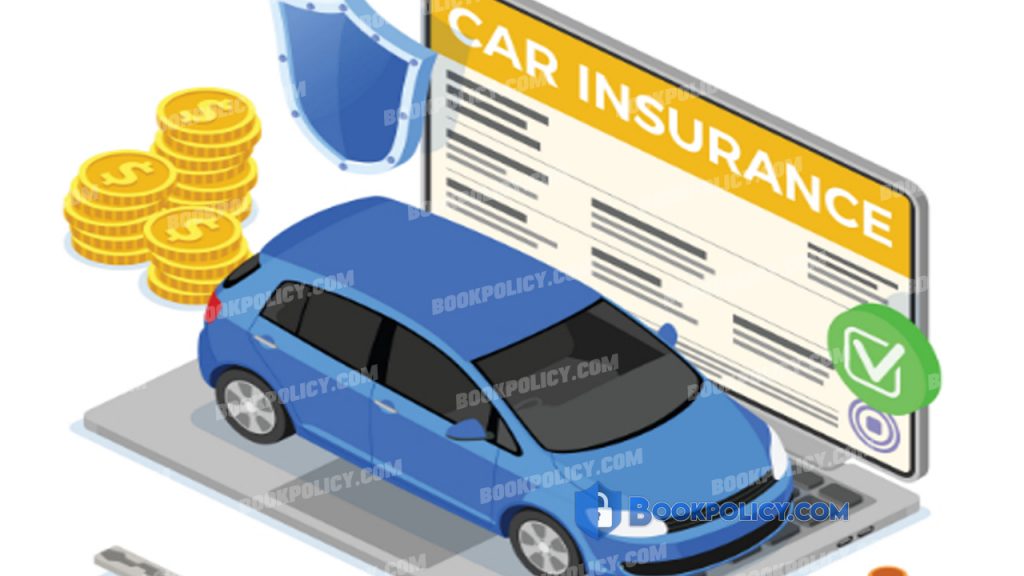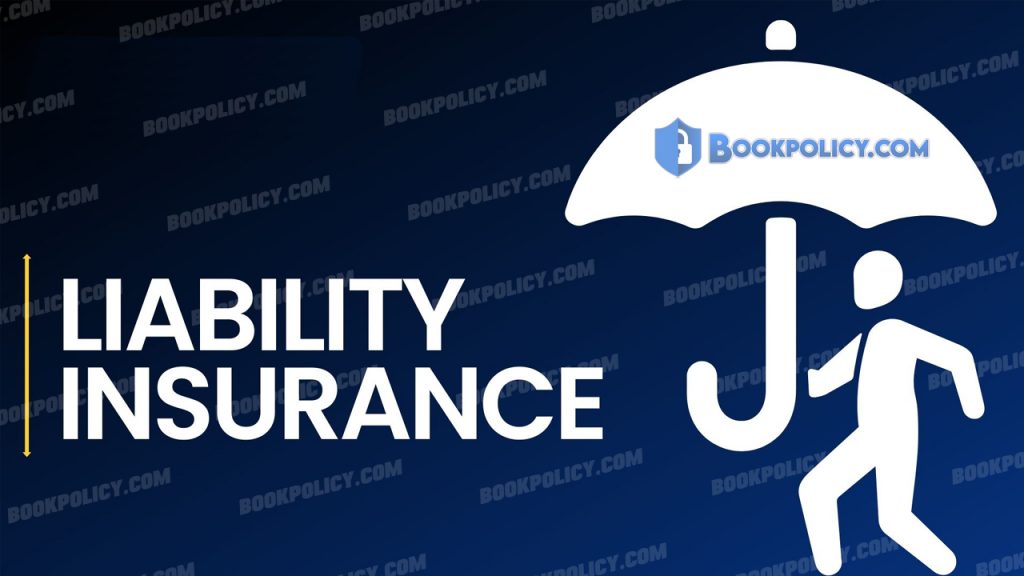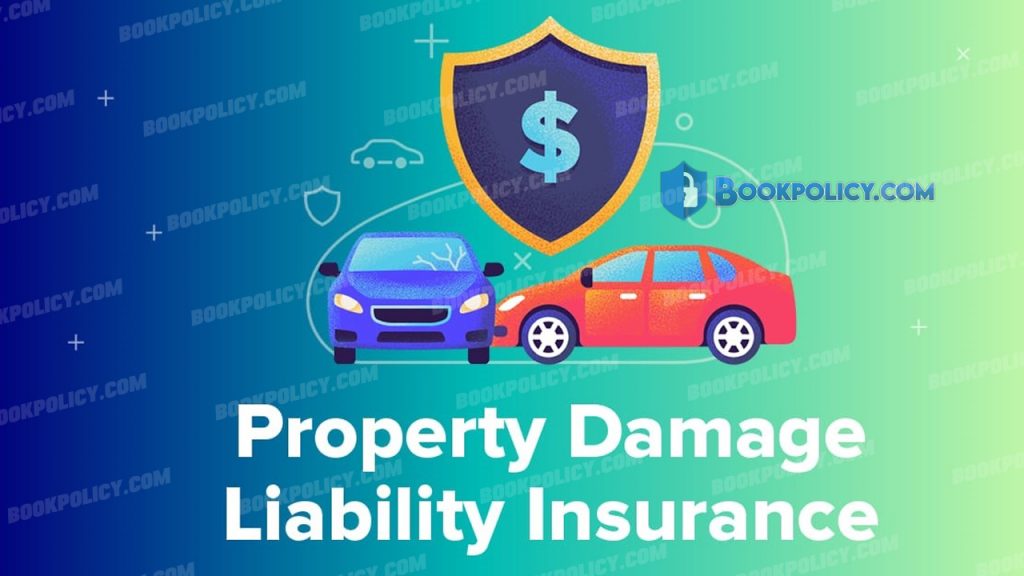A automobile insurance policy, also referred to as auto insurance, is a legal agreement between a person or organization (the policyholder) and an insurance provider.

This agreement offers insurance protection and coverage in the event that the insured vehicle is involved in any number of accidents. Auto insurance reduces financial risks associated with accidents, theft, and other unforeseen catastrophes, which gives peace of mind and is necessary for legal compliance in many nations. The following are the main elements and varieties of coverage that are normally present in an auto insurance policy
Liability Protection :

- Bodily Injury Liability : This insurance covers costs related to other people’s injuries or deaths in accidents when the insured driver is at fault, including medical bills, court charges, and other expenditures.
- Property Damage Liability : This insurance provides funds.
- Regardless of who was at blame for the collision, collision coverage pays for the repairs or replacement of the covered vehicle.

- Comprehensive insurance provides for harm to the insured car brought on by non-collision events including theft, vandalism, severe weather, or animal collisions.
- Regardless of who was at fault, Personal Injury Protection (PIP) or Medical Payments Coverage pays for the insured and any passengers in the insured vehicle’s medical bills, lost earnings, and other related costs.
- Uninsured/underinsured motorist coverage safeguards you in the event that you are involved in a collision with a driver who is either underinsured or uninsured at all.
Additional Options for Coverage :

- Rental Car Coverage : Pays for the expense of renting a substitute car while yours is getting fixed following a covered accident.
When your automobile breaks down, roadside assistance offers services like towing, jump starts, and tire changes.
In the event that your automobile is totaled, gap insurance will cover the difference between the market value of your car and the balance owed on your auto loan or lease.
You should think about the coverage kinds and limits, deductibles (the amount you must pay before insurance begins), and premium rates (the ongoing costs of your policy) while buying auto insurance. These variables may change depending on your location, driving history, vehicle type, and other personal information. - In order to make sure you have the appropriate coverage for your needs, it is crucial to carefully check and comprehend the terms and conditions of your auto insurance policy. It’s also vital to be aware of any changes to your policy because vehicle insurance contracts frequently need to be renewed (e.g., every six or twelve months) and premiums can change depending on a number of factors.


